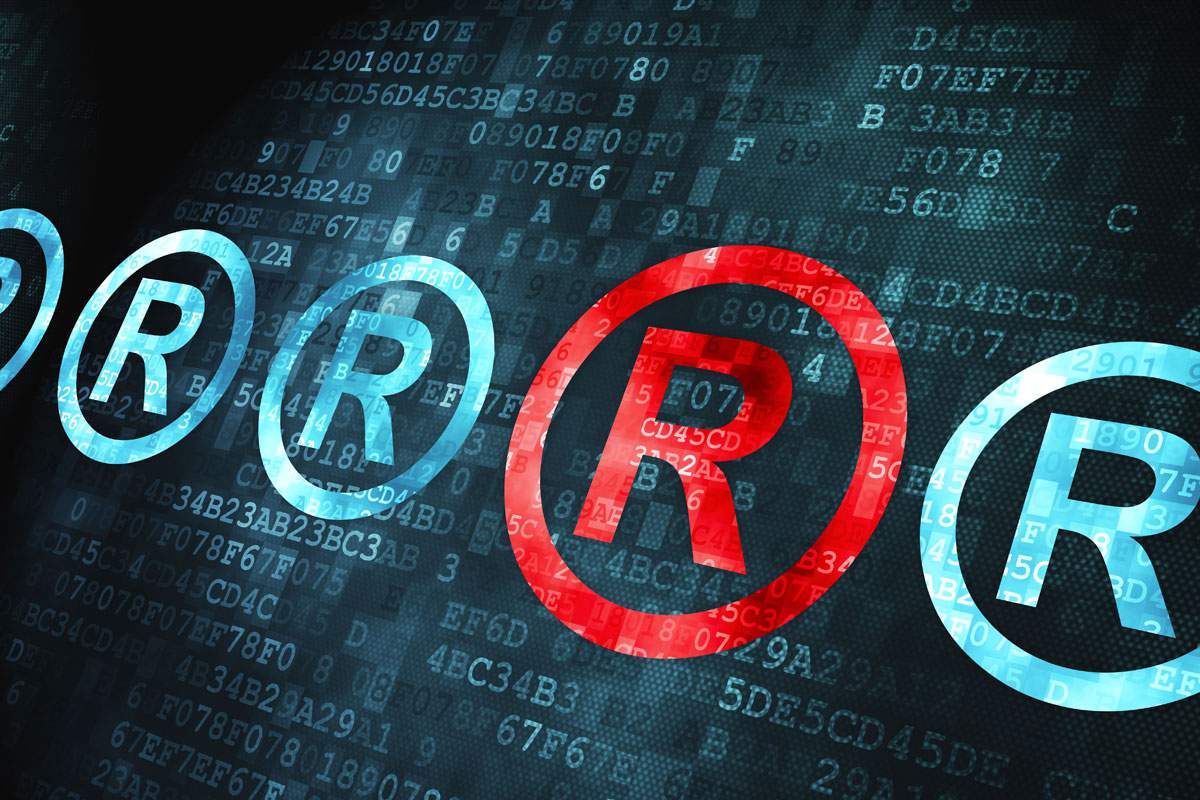A Practical Guide to WordPress and the GPL – now available – 30% introductory discount
Finally… I’m pleased to be able to say that A Practical Guide to WordPress and the GPL is now out in the wild. You can find it right here. Outline Here’s a quick outline of the chapters: 1. Introduction: conception, birth and forking 2. Understanding the GPL licensing of WordPress 3. Common GPL-related questions 4. WordPress themes, the GPL and the conundrum of derivative works 5. The GPL and assumptions of automatic inheritance 6. Theme reviews, CC0, model releases and GPL-compatibility 7. Selling ThemeForest themes outside of ThemeForest 8. Reselling commercial plugins 9. The GPL and trademarks 10. Theme and plugin shop terms of use versus GPL freedoms Packages Three different packages, or editions, are on offer: 1. The business package If you’re into the business of developing WordPress themes or plugins (or both), you might want this package. You’ll get: the ebook (PDF) of A Practical Guide to WordPress and the GPL; a professionally narrated audio book, enabling you to listen to the book when you’re on the go (narrated by Steve Chase); and …









